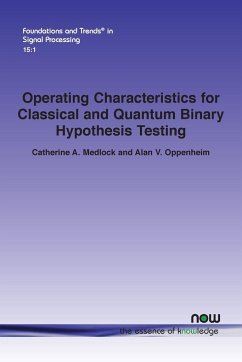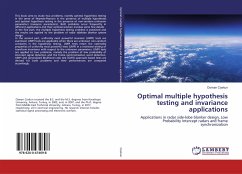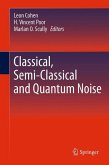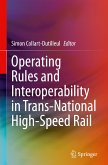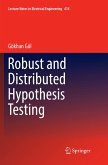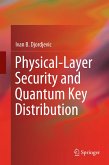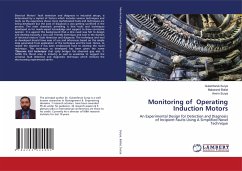Binary decisions guide our everyday lives in situations both critical and trivial. The choices made by politicians and physicians may have consequential implications on a global or individual scale. Perhaps less consequential is whether or not we choose to carry an umbrella on a cloudy day. Any choice made inherently involves a conscious, subconscious, or formal tradeoff between benefits and detriments. This monograph develops and presents a framework for binary hypothesis testing as it applies to both the classical and quantum mechanical environments. The authors set the scene by first describing separately the operating characteristics associated with classical binary hypothesis testing and those within quantum mechanics. They proceed to describe in detail in subsequent chapters how quantum measurements that employ redundant, or overcomplete, representations of the state of the system being measured can be used. Written in a tutorial style, readers from both classical and quantum backgrounds will find this an enlightening treatise on the topic. Examples and problems are used throughout to enable the reader to readily grasp the new concepts and to further their own understanding. This monograph is a comprehensive and accessible overview of a complex problem for students and researchers in signal processing.
Hinweis: Dieser Artikel kann nur an eine deutsche Lieferadresse ausgeliefert werden.
Hinweis: Dieser Artikel kann nur an eine deutsche Lieferadresse ausgeliefert werden.

